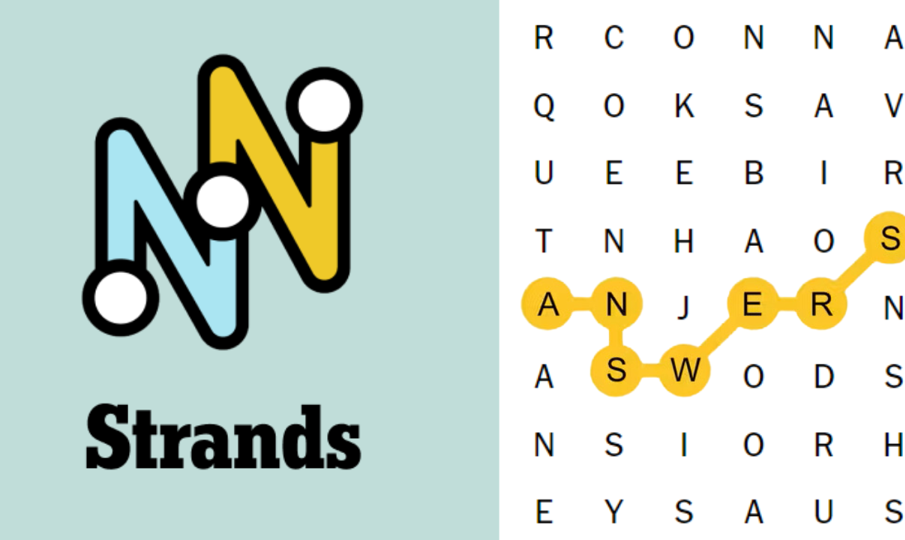The Rise of Wordle NYT: A Daily Puzzle Phenomenon

Introduction
Wordle, the daily word puzzle game originally developed by software engineer Josh Wardle, has taken social media by storm since its launch. Acquired by The New York Times in January 2022, it has become a staple for puzzle enthusiasts globally, epitomising the intersection of gaming, language, and community. Each day, millions of players engage with this simple yet challenging game, which typically involves guessing a five-letter word within six attempts. This phenomenon reflects not just a passing trend but the way in which games can unite people across the globe.
Game Mechanics and Features
Wordle’s appeal lies in its straightforward mechanics. Players have six chances to guess a secret five-letter word, with colour-coded feedback indicating correct letters in the right position (green), correct letters in the wrong position (yellow), and letters not in the word at all (grey). This intuitive design fosters strategic thinking and builds excitement as players share their results on social media, creating a sense of community among participants. The minimalistic interface and singular daily challenge encourage players to redesign their approach each day and discuss clues and strategies with friends, enhancing the social aspect of the experience.
Cultural Impact and Social Media Buzz
Since its inclusion in The New York Times, Wordle has sparked a social media frenzy. Hashtags such as #Wordle have flooded platforms like Twitter and Instagram, where users post their results and challenge others to participate. The game’s charm lies not just in its gameplay but in its ability to foster dialogue and playful competition. The NYT has embraced this trend by featuring a dedicated Wordle section on its website, including an archive for users to revisit previous challenges.
Future of Wordle in Gaming Culture
As of now, the future of Wordle appears bright. The puzzle has inspired various spin-offs and adaptations, exploring different themes, languages, and formats. The NYT is reportedly working on expanding the brand with more interactive content and possibly related word games. Furthermore, the lessons learned from Wordle’s success could influence the resurgence of other word-based games in digital formats, potentially revitalising an entire genre of casual gaming.
Conclusion
Wordle NYT demonstrates the power of simple, engaging gameplay to create a vast community around a shared daily experience. In a world increasingly shaped by technology and digital interactions, the game signifies not just entertainment but the enduring human connection fostered through playful competition. As more players join the ranks of Wordle enthusiasts, its cultural impact may lead to lasting changes in how we engage with games, language, and each other.









